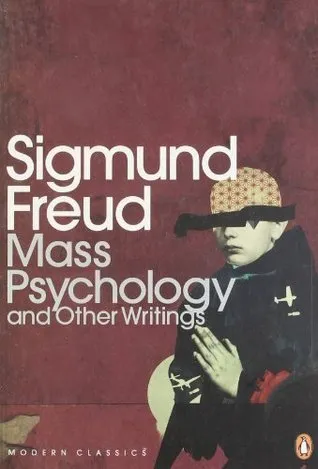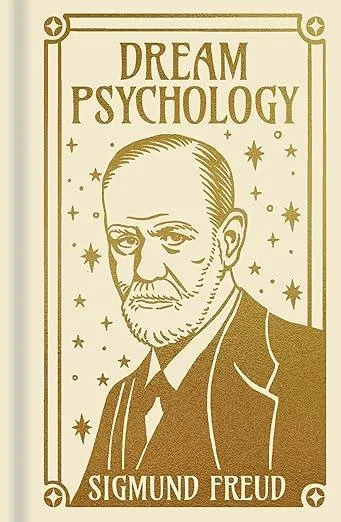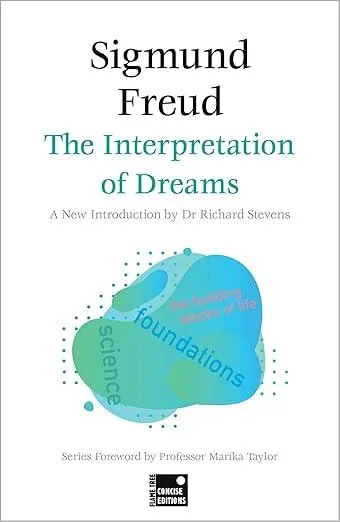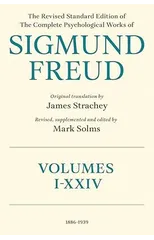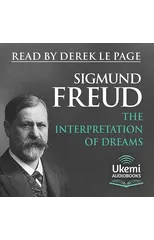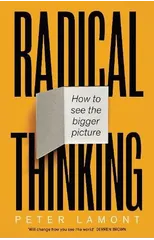These works reveal Freud at hi s most iconoclastic, asking challenging questions about the powerful attraction of group identity - how this has the power to bind us and drive us to hatred. In Mass Psychology (1921) he explores the psyche as a social force, with a compelling analysis of how institutions such as the Church and army can generate unquestioning loyalty to a leader and provoke us to commit atrocities - Freud's finding s would prove all too prophetic in the years that followed. Works such as Moses the Man, written at the time of Freud's flight from Nazism in 1938, warn of the dangers of nationalism. And other writings like The Future of an Illusion examine religion and ritual in a painstaking critique of religious faith.
Sigmund Freud
Sigmund Freud was a pioneering Austrian neurologist and founder of psychoanalysis. His most famous work, "The Interpretation of Dreams," revolutionized the understanding of human behavior. Freud's writing style was clear, concise, and influential in shaping modern psychology. His key contributions to literature include exploring the unconscious mind and the role of sexuality in human behavior.
